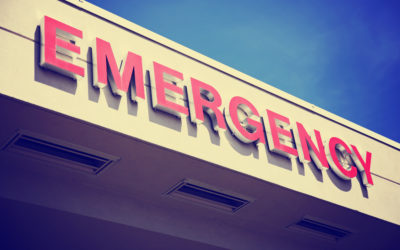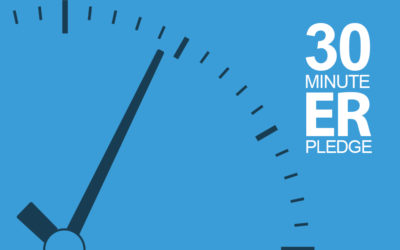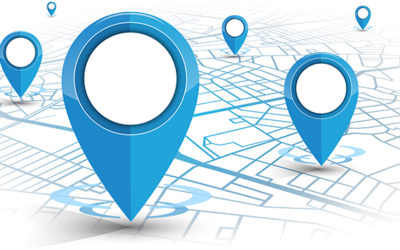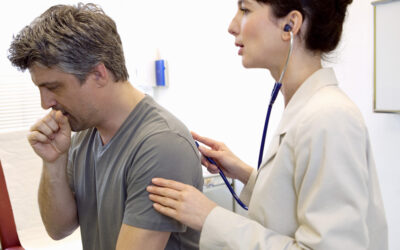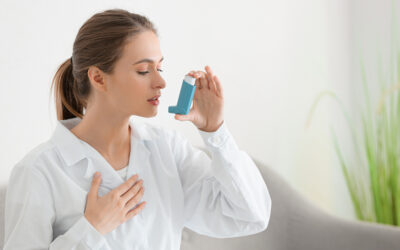Chest Pain: When to Seek Emergency Care
Chest pain can have many causes. Some are life-threatening and need urgent treatment. Serious causes of chest pain include:
- Heart attack
- A tear in your body’s main blood vessel (aortic dissection)
- Inflammation or infection around your heart (pericarditis)
- A blood clot in your lungs (pulmonary embolism)
Other causes of chest pain are less serious but can still be uncomfortable. These include:
- Heartburn or acid reflux
- Anxiety or panic attacks
- Muscle or bone injuries in your chest
- Lung infections, like pneumonia
How Chest Pain Can Feel
Chest pain symptoms can vary. You may experience:
- Pain, pressure, aching, or a squeezing sensation in your chest
- Burning, tingling, or sharp pain, especially when you move, cough, or take a deep breath
- Pain that spreads to your back, neck, jaw, shoulders, or arms
- Because chest pain can be a sign of something serious, it’s important to seek medical care right away—even if you think stress or heartburn might be the cause.
At-Home Care Instructions
Medications:
- Take over-the-counter or prescription medicines only as directed by your doctor.
- If prescribed antibiotics, finish the full course even if you start to feel better.
Lifestyle Tips:
- Rest as advised by your doctor.
- Avoid nicotine products, including cigarettes, e-cigarettes, and chewing tobacco. Consult your doctor if you need assistance quitting.
- Do not drink alcohol.
- Follow your doctor’s recommendations for lifestyle changes. These may include:
- Regular exercise—consult your doctor to determine which activities are safe for you.
- Eating a heart-healthy diet—consider meeting with a dietitian for guidance.
- Maintaining a healthy weight.
- Managing conditions like diabetes or high blood pressure.
- Reducing stress with techniques such as yoga or relaxation exercises.
General Instructions:
- Monitor your symptoms and report any changes to your doctor.
- Avoid activities that trigger chest pain.
- Keep all follow-up appointments. Further testing may be needed if your pain continues.
When to Contact Your Doctor
Call your doctor if you:
- Have chest pain that does not go away
- Feel depressed
- Develop a fever
When to Seek Emergency Care
Call 911 or your local emergency services immediately if you experience:
- Chest pain that worsens
- Severe abdominal pain
- A worsening cough or coughing up blood
- Sudden chest discomfort or discomfort in your arms, back, neck, or jaw without a clear cause
- Shortness of breath
- Sweating or clammy skin
- Nausea or vomiting
- Sudden dizziness or lightheadedness
- Weakness or extreme fatigue
- A racing or irregular heartbeat
These may be signs of a medical emergency. Do not wait to see if the symptoms improve. Call 911 right away. Do not drive yourself to the hospital.
This information is not intended to replace advice given to you by your healthcare provider. Make sure to discuss any questions you have with your healthcare provider.
Related Services and Conditions
ER
In a medical emergency, every minute matters. That’s why we work diligently to have you initially seen by a medical…
ER 30 Minute Pledge
In a medical emergency, every minute matters. That’s why, at Evanston Regional Hospital, we work diligently…
ER Directions
Health care starts with you. If you’re experiencing symptoms, it’s up to you to pay attention and decide how to respond…
ER Team
Valley View Emergency Physicians is now providing care at Evanston Regional Hospital. Most of the physicians are…
ER Visit
A trip to the ER can often be stressful or scary- but it doesn’t have to be. A few minor preparations can help your visit go…
When to go to the ER
Minor illnesses can often wait, but some symptoms always demand immediate medical attention. These can include…
Chronic Obstructive Pulmonary Disease (COPD)
Chronic Obstructive Pulmonary Disease (COPD) Chronic obstructive pulmonary disease (COPD) is a...
Abdominal Pain
Abdominal Pain in Adults When to Monitor at Home—and When to Seek Medical Help Abdominal (belly)...
Asthma
Asthma: Know the Signs, Manage the Triggers, Get Help Fast Asthma is a chronic condition that...
Fever, Adult
Fever-Adult A fever is a body temperature of 100.4°F or higher. Mild or short-term fevers...

